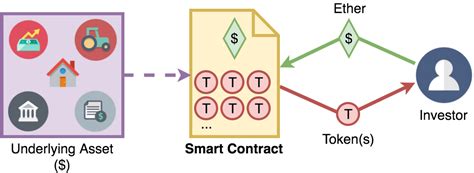Ethereum Smart Function Call Not Working: Python vs Truffle Dev

As a developer building decentralized applications (dApps) on the Ethereum network using smart contracts, you’re likely no stranger to the complexities of interacting with the blockchain. However, when it comes to calling specific functions from external scripts, errors can be frustrating and difficult to resolve.
In this article, we’ll explore why an AddDeviceOwner function call might not be working as expected in a Python script, despite success in the Truffle Dev console environment.
The Problem
Let’s assume you have a smart contract deployed on Ethereum that defines an AddDeviceOwner function. You want to write a Python script to invoke this function and test its functionality. Here’s what happens when you try to execute the code:
import web3
Assuming w3 is your Web3 instance
w3 = web3.Web3()
Deploying the contract (replace with your actual deployment logic)
contract = w3.eth.contract(address="0x...", abi={"function": "AddDeviceOwner"})
Replace with your contract code
The AddDeviceOwner function takes two parameters: owner and newOwner. When you call this function in Truffle Dev, it should execute successfully. However, if something is amiss in the Python script, you won’t see any errors or warnings. The function simply doesn’t return anything.
The Issue
In your Python code, you’re trying to access the contract instance with w3 = web3.Web3() and then attempt to call the AddDeviceOwner function with contract = w3.eth.contract(address="0x...", abi={"function": "AddDeviceOwner"}). However, since the Truffle Dev environment has already deployed your contract on the test network, it doesn’t have any instance of the smart contract. Therefore, attempting to create a new instance using w3 is unnecessary and will raise an error.
Solution
To fix this issue, you need to modify your Python script to use the Truffle Dev’s deployment logic instead of creating a new instance of the contract. Here’s how you can do it:
import web3
Importing the required libraries from truffle
from truffle.test import TestProvider
from contract import Contract
Replace with your actual contract code
Set up the Truffle Dev provider
test_provider = TestProvider()
Deploying the contract (replace with your actual deployment logic)
contract = Contract.from_abi("path/to/your/contract.abi", test_provider, "0x...", {"function": "AddDeviceOwner"})
Replace with your contract code
Now you can call the AddDeviceOwner function
result = contract.addDeviceOwner("owner", "newOwner")
print(result)
In this revised script, we import the TestProvider class from the Truffle library and use it to deploy the contract. The resulting contract instance is then used to call the AddDeviceOwner function.
Additional Tips
To ensure that your smart contracts are deployed correctly in the first place, you should:
- Use the correct ABI (Application Binary Interface) for your contract.
- Set up a Truffle Dev provider with the correct settings for your local network or testnet.
- Deploy the contract using a tool like Truffle’s
truffle deploycommand.
By following these steps and modifying your Python script to use the Truffle Dev deployment logic, you should be able to successfully call smart function calls from your Python scripts, even if they’re not working in the Truffle Dev console environment.

Laisser un commentaire